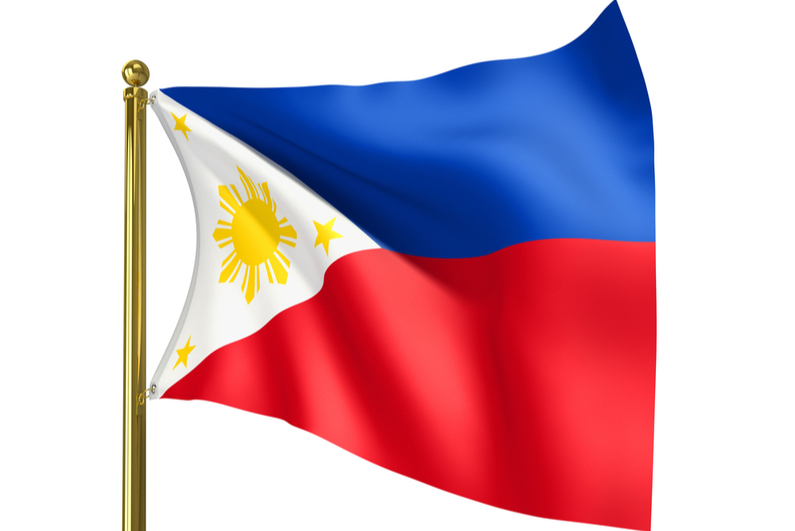30-second summary
- The Philippines has traditionally embraced gambling
- However, President Duterte has put a stop to the development of any more resort casinos
- A campaign to crack down on illegal gambling operations by PAGCOR has been a great success
Gambling in the Philippines
The Philippines has a long tradition when it comes to gambling. The overseer of the gambling sector in the country is the Philippines Amusement and Gaming Corporation (PAGCOR). They also look after all the smaller agencies that cover the more specialized aspects of gambling.
They also ensure that revenues remain on track and that the tourism industry is well looked after. PAGCOR began operating in 1976 and its scope has expanded over the years.
The Asian market for gambling is constantly expanding, with Macau, Singapore, and soon Japan being major players in the space. There are over 20 casinos in the Philippines and others are in development.
The main focus for these casinos is the capital, Manila. Horse racing and the national lottery are popular, with cockfighting being legal and also a big draw.
Online gambling is still not legal. Despite this, many companies in this space target players in the Philippines. This is something the authorities want to crack down on.
PAGCOR issues online gambling licenses, but these operations must be taking place in other countries. It is a gateway for a lot of companies into the Asian market. In 2016 alone, 35 licenses were issued.
The application fee for a license is $50,000 (£37,900) for an online casino and $40,000 (£30,300) for sports betting operator. When a license is approved, there is a $200,000 (£151,000) license fee for online casinos and $150,000 (£114,000) for sports betting.
No more resort casinos
Although the gambling sector in the Philippines provides a lot of revenue for the government, there have been some high-profile government shutdowns of development.
The development of some major resort casinos was shut down by a moratorium from the government. This effectively means that no more resort casinos can be built.
The moratorium has been in place since January 2018 but PAGCOR did issue two licenses since. President Duterte says that these licenses will not become effective. The Galaxy Entertainment Group was building a casino resort on Boracay Island, which would have been a $500m (£379m) investment.
This is a popular tourist destination. However, following an environmental report showing the potential damage such a development would have on the island, President Duterte said there would be no casino would be allowed on Boracay.
The Landing International Development’s planned casino in Manila, which would have involved an investment of more than $1.5bn (£1.1bn) was also blocked. This was announced mere minutes after ground was broken for the project.
Fighting against illegal gambling
PAGCOR has been fighting against illegal offshore companies targeting players in the Philippines for some time. In the space of just a few years, the number of operators without licenses operating in the country fell from 30,000 to fewer than 200 operators.
One of the main reasons for this drop is the coordinated effort of PAGCOR and the Philippine National Police (PNP). They raided many facilities where illegal gambling operations were running.
This is a welcome move from President Duterte, who is not a fan of gambling. The chairperson of PAGCOR says: “We are serious about implementing President Duterte’s directive to stamp out illegal online gambling.”
This crackdown has also seen an uptick in the revenues for PAGCOR. Before licensing operators, the country received revenues of only $1.07m (£800,000). Since the Philippine Offshore Gaming Operator License was established, annual revenues have increased to around $110m (£83.3m).
The task force dealt with many operations in houses with workers who have previously been with legitimate companies. Many undocumented workers were involved in these operations.
On March 21, PAGCOR announced plans to work closely with the National Bureau of Investigation, the PNP, Office of cybercrime and the Bureau of Immigration. They will be working together closely in their investigations and sharing information that will lead to more raids and prosecutions.
This crackdown has the knock-on effect of helping improve the bottom line of legitimate operators because they no longer have to compete with as many black market operators.




